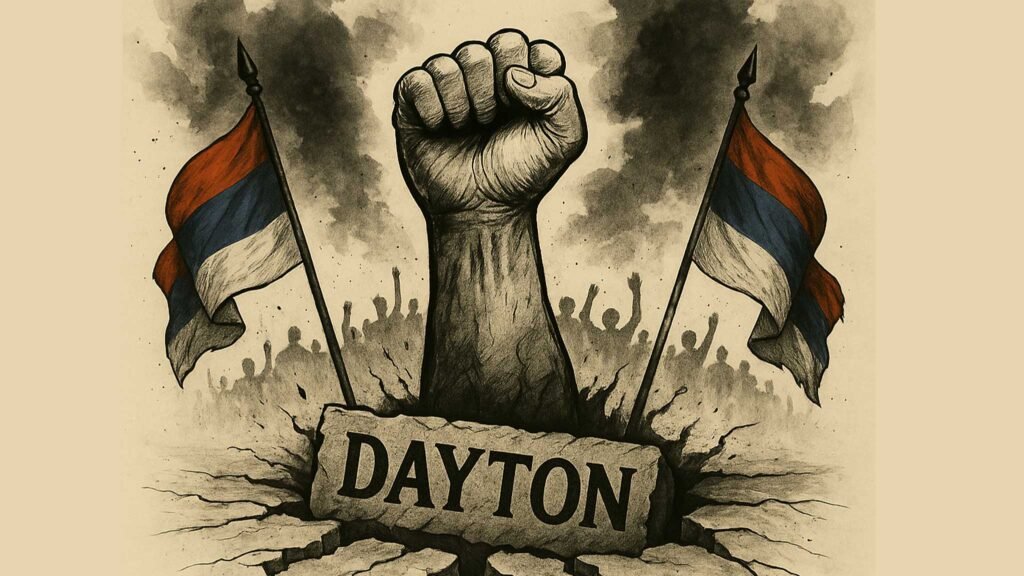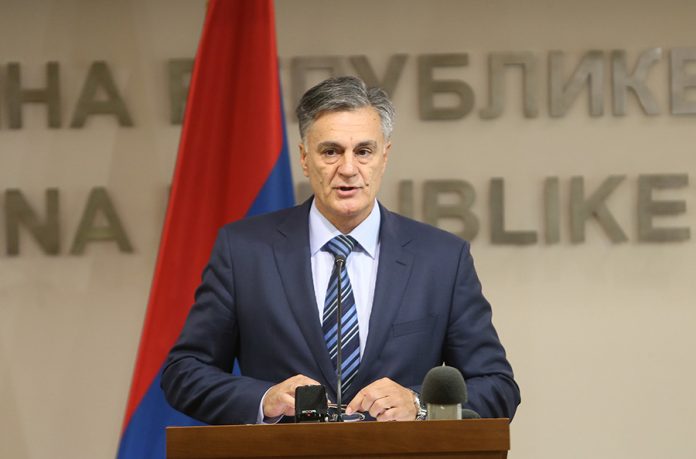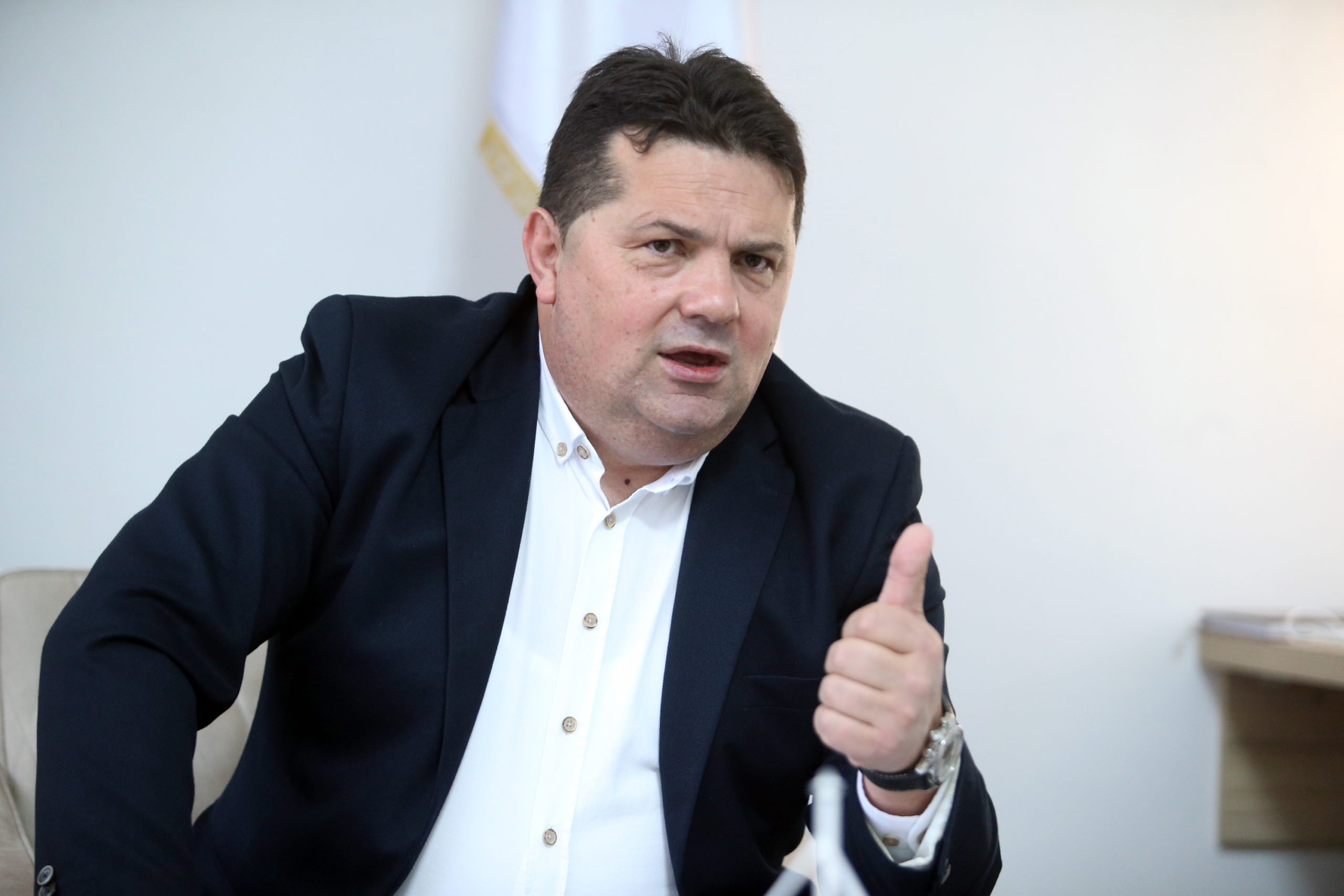At the international conference “Thirty Years of the Dayton Agreement – Lessons of the Past and Challenges of the Present”, held in Pale, representatives of scientific institutions from Republika Srpska and Russia emphasized that Republika Srpska, despite decades of pressure, has endured the most difficult period and remains a pillar of Serbian identity, statehood, and tradition in the Balkans.
Participants underlined that although the West expected the gradual weakening—and eventual disappearance—of Srpska back in Dayton, the reality today is entirely different: Republika Srpska is stable, institutionally strong, and increasingly visible on the international stage.
Russian historians: degrading Dayton would destabilize BiH
Russian speakers emphasized that only the original Dayton Agreement guarantees peace, while any imposed modification would trigger instability.
- Jelena Guskova noted that certain Western and Sarajevo circles attempted to reshape BiH into “a Muslim state without Serbs”, but that “Serbs in BiH, in particular, are resilient and will not allow themselves to be erased”.
- Ruslan Gagkuev stated that the Dayton Agreement has become a top priority within the work of the Russian Historical Society, especially in the context of the emerging multipolar world.
- Konstantin Nikiforov warned that major changes to Dayton would lead to “absolutely undesirable consequences for BiH”.
“Bonn powers”, the OHR, and constitutional dismantling
Experts recalled that the Dayton Agreement is one of the most frequently altered international treaties—but altered outside the norms of international law.
It was emphasized that:
- 913 decisions were imposed by high representatives,
- along with 166 laws and 122 amendments,
- creating a parallel, anti-Dayton structure of BiH unknown to the original agreement.
They noted that the non-Dayton Peace Implementation Council and the politically influenced Constitutional Court of BiH also played active roles in undermining Dayton.
Srpska protects its constitutional identity
Legal experts highlighted that Republika Srpska protects its identity based on Dayton through:
- the equality of entities and constituent peoples,
- entity voting in the House of Representatives,
- the mechanism of vital national interest in the House of Peoples and the Presidency.
Today, they stressed, the original Constitution remains the only legally valid framework, while everything imposed without consent remains legally disputable.
Popović: Return to the original Dayton or move toward an independent Srpska
In concluding remarks, academic Vitomir Popović stated that imposed unitarization has gone too far:
“Either we return to the original Dayton, or we revive the constitutional powers of Srpska from 1992 and move toward forming an independent Republika Srpska. Everything else is merely a calculation.”
The participants also announced new research projects, including a historical analysis of the work of the Hague Tribunal, arguing that it was used as a political instrument to shape a desired narrative of the 1990s conflicts.
The academic community from Pale and Russian institutions concluded that preserving Dayton and protecting Republika Srpska must remain priorities—because only on that basis can BiH have a peaceful future, rather than continuing as a terrain of constant imposition, pressure, and attempts at centralization.
Source: RTRS









